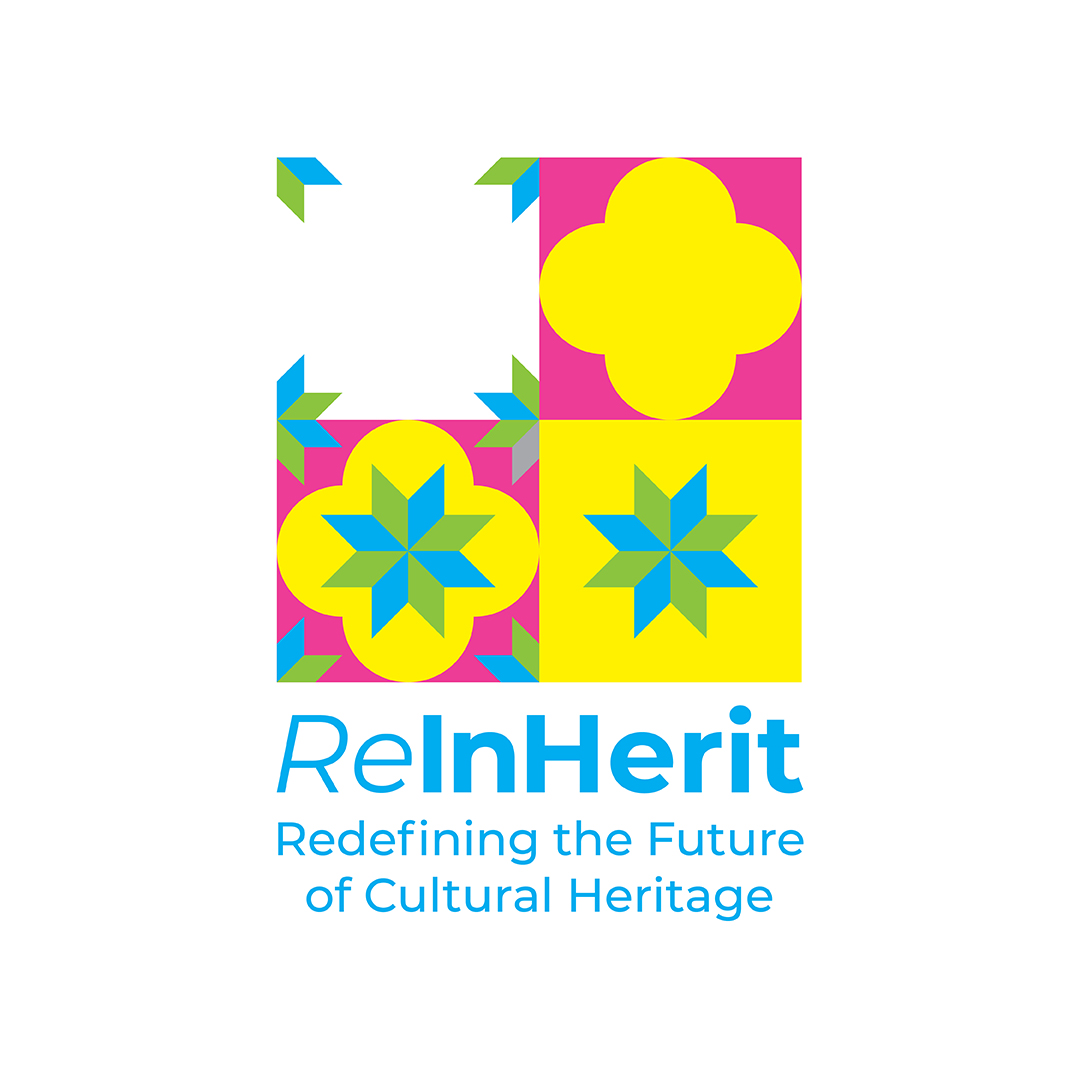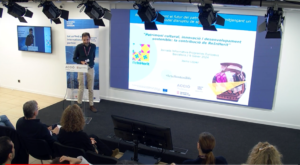In a dynamic celebration of interdisciplinary synergy and groundbreaking innovation, MICC – Media Integration and Communication Center- University of Firenze, through the insightful representation of Paolo Mazzanti, recently took center stage in Matera, during the second edition of Magma Fest.
The annual gathering, spearheaded by Materahub, transcends the conventional boundaries of conferences and festivals, fostering a rich soil for meaningful dialogue, spirited debate, and the cultivation of transformative collaborations. Serving as a guiding light for those navigating the complexities of our era, Magma Fest envisions a space where diverse perspectives converge to tackle pressing global challenges. Magma Fest deviates from the traditional event format, functioning as a safe haven for discourse and cooperation.
Much like the ever-shifting magma beneath our feet, individuals discover equilibrium through collective efforts, particularly amid the unprecedented challenges of our times. Magma Fest aspires to nurture an environment conducive to the creation of innovative, non-disciplinary models. This inclusive ethos encourages contributions from diverse visions, competencies, and approaches, paving the way for the emergence of unexpected solutions to complex challenges.
Exploration of Tourism and Technology
The second edition of Magma Fest unfolded an immersive exploration into the intricate realms of tourism and technology, dismantling these vast themes into manageable fragments of inquiry. Questions such as “Can a hotel transcend its traditional role and become a cultural epicenter?” and “Can a tourist transform into a catalyst for local change?” ignited engaging discussions, prompting participants to envision novel possibilities. Keynote speakers Nicola Zanola and Luca Baraldi shared valuable insights, anchoring the working days around Materahub’s strategic projects—Cultour Data and Reinherit.
The first day of the festival was dedicated to the theme of tourism, featuring insightful presentations from Cristina Amenta and Vania Cauzillo of Eco Verticale, a captivating cultural space and hotel in Matera. They shed light on the Cultour Data project, which received complementary funding through an open call under the COSME program. Cultour Data aims to enhance data-driven, accessible, and transformative cultural tourism across Europe, offering a dual support scheme targeting both tourism SMEs and European Capitals of Culture, such as Matera.
The second day centered on the intersection of technology and cultural heritage, providing the perfect stage for Paolo Mazzanti to unveil the groundbreaking initiative, Reinherit. As a Horizon2020 project, Reinherit proposes a revolutionary model focused on developing a digital cultural heritage ecosystem. This visionary approach invites key stakeholders—museums, heritage sites, policy makers, professionals, and communities—into an open and collaborative space to experiment, share, and innovate.
Paolo Mazzanti presented the methodology and insights derived from Reinherit, illustrating how this initiative is poised to revolutionize the cultural heritage landscape. With a focus on the ReinHerit Toolkit, playful engagement and people-centered approach in Museums using AI/CV. The project’s ultimate goal is to establish a dynamic platform that facilitates interaction and collaboration among diverse stakeholders, leveraging technology to preserve and enhance the rich experience of Matera’s iconic Sassi.










